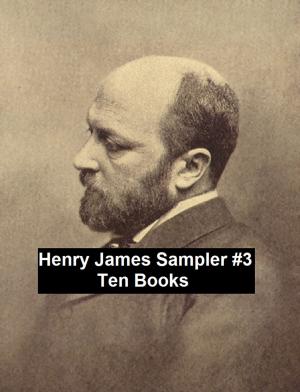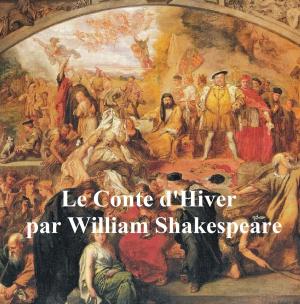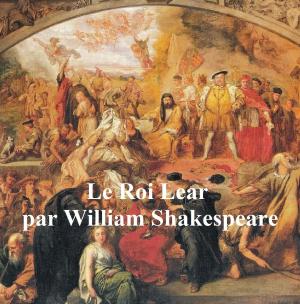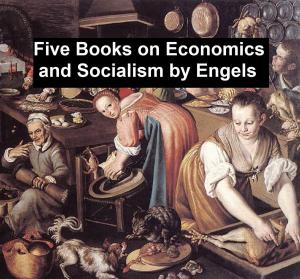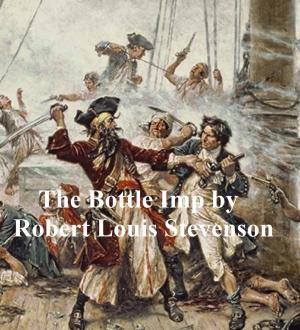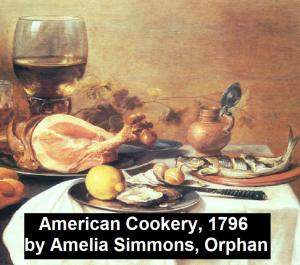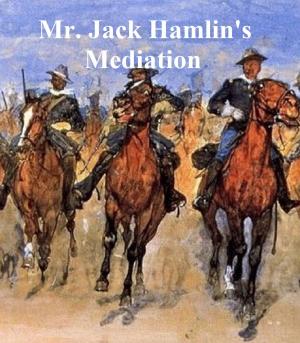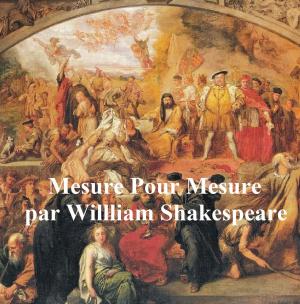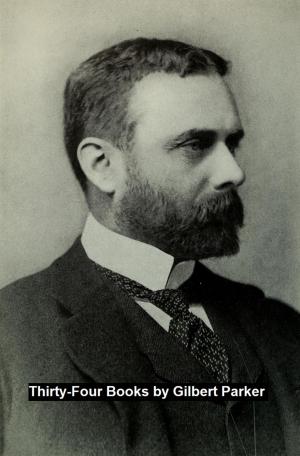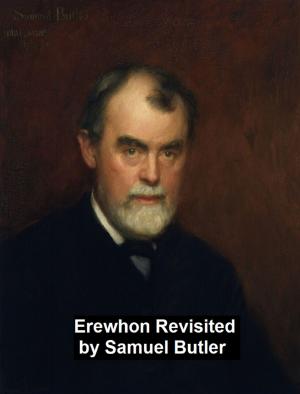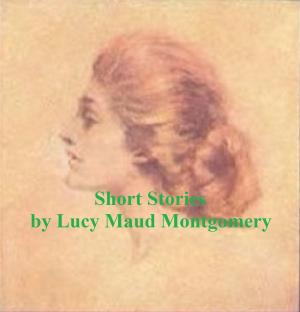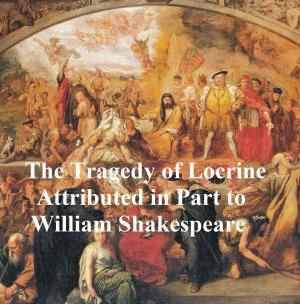| Author: | Daniel Defoe | ISBN: | 9781455303502 |
| Publisher: | Seltzer Books | Publication: | February 23, 2017 |
| Imprint: | Language: | English |
| Author: | Daniel Defoe |
| ISBN: | 9781455303502 |
| Publisher: | Seltzer Books |
| Publication: | February 23, 2017 |
| Imprint: | |
| Language: | English |
According to the Introduction: "Defoe's "Essay on Projects" was the first volume he published, and no great writer ever published a first book more characteristic in expression of his tone of thought. It is practical in the highest degree, while running over with fresh speculation that seeks everywhere the well-being of society by growth of material and moral power. There is a wonderful fertility of mind, and almost whimsical precision of detail, with good sense and good humour to form the groundwork of a happy English style. Defoe in this book ran again and again into sound suggestions that first came to be realised long after he was dead. Upon one subject, indeed, the education of women, we have only just now caught him up. Defoe wrote the book in 1692 or 1693, when his age was a year or two over thirty, and he published it in 1697." According to Wikipedia: Daniel Defoe (1659/1661 [?] — 1731), born Daniel Foe, was an English writer, journalist, and pamphleteer, who gained enduring fame for his novel Robinson Crusoe. Defoe is notable for being one of the earliest practitioners of the novel, as he helped to popularise the form in Britain, and is even referred to by some as one of the founders of the English novel. A prolific and versatile writer, he wrote more than five hundred books, pamphlets, and journals on various topics (including politics, crime, religion, marriage, psychology and the supernatural). He was also a pioneer of economic journalism.
According to the Introduction: "Defoe's "Essay on Projects" was the first volume he published, and no great writer ever published a first book more characteristic in expression of his tone of thought. It is practical in the highest degree, while running over with fresh speculation that seeks everywhere the well-being of society by growth of material and moral power. There is a wonderful fertility of mind, and almost whimsical precision of detail, with good sense and good humour to form the groundwork of a happy English style. Defoe in this book ran again and again into sound suggestions that first came to be realised long after he was dead. Upon one subject, indeed, the education of women, we have only just now caught him up. Defoe wrote the book in 1692 or 1693, when his age was a year or two over thirty, and he published it in 1697." According to Wikipedia: Daniel Defoe (1659/1661 [?] — 1731), born Daniel Foe, was an English writer, journalist, and pamphleteer, who gained enduring fame for his novel Robinson Crusoe. Defoe is notable for being one of the earliest practitioners of the novel, as he helped to popularise the form in Britain, and is even referred to by some as one of the founders of the English novel. A prolific and versatile writer, he wrote more than five hundred books, pamphlets, and journals on various topics (including politics, crime, religion, marriage, psychology and the supernatural). He was also a pioneer of economic journalism.

